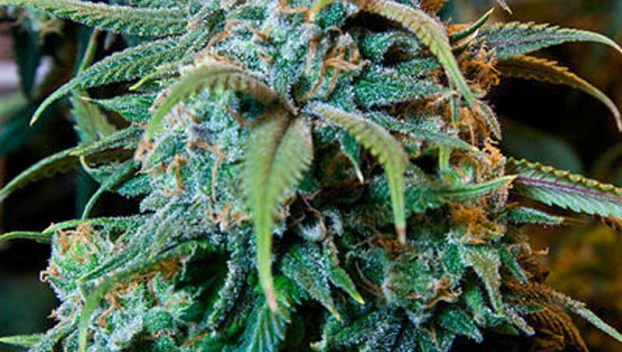
Cnhi Network
American teens are smoking less pot
It looks as if more American teens are just saying no. Fewer teens say they're using drugs and ... Read more

It looks as if more American teens are just saying no. Fewer teens say they're using drugs and ... Read more
It looks as if more American teens are just saying no. Read more

Marcie Shouse could relate well with her granddaughter, Alex Denoyer, when she was crowned homecoming queen at Effingham ... Read more
BOSTON — The Massachusetts Supreme Court ruled Friday a teenager who authorities say sent text messages encouraging a friend ... Read more

The most recent jobs report from the U.S. Department of Labor suggests that the American economy is struggling ... Read more

Each time an inexperienced driver gets behind a wheel, the consequences could be deadly. Read more

GIRARD, Kan. — It isn’t every day that a teenager – who entered the restaurant industry at the ... Read more

Few people have a chance to touch the lives of thousands of people in all 50 states and ... Read more

The photo — showing the Richland High School student standing on the flag in a classroom while another student ... Read more

SALEM, Mass. – A jury Tuesday convicted a Massachusetts teenager of raping and murdering his high school math ... Read more